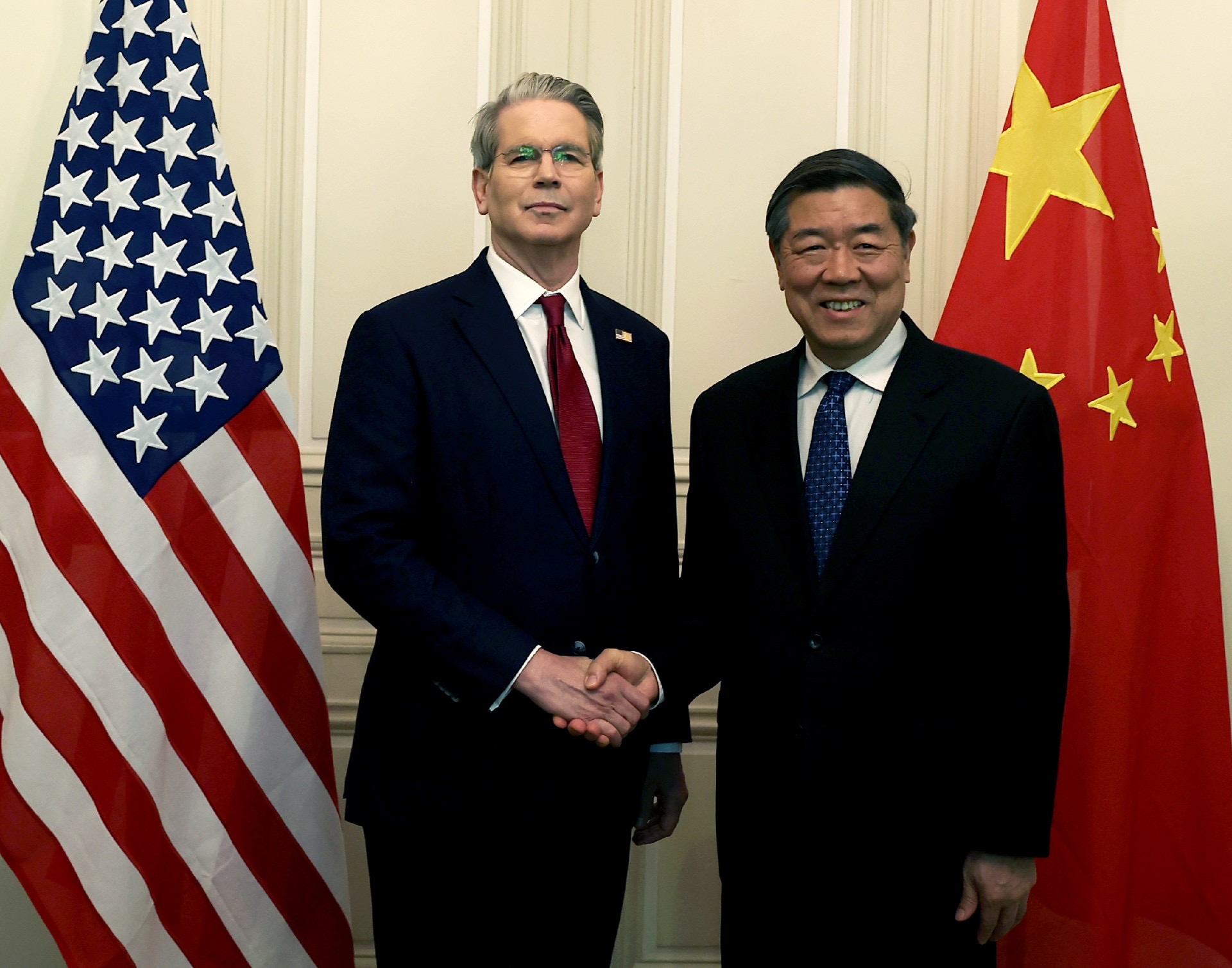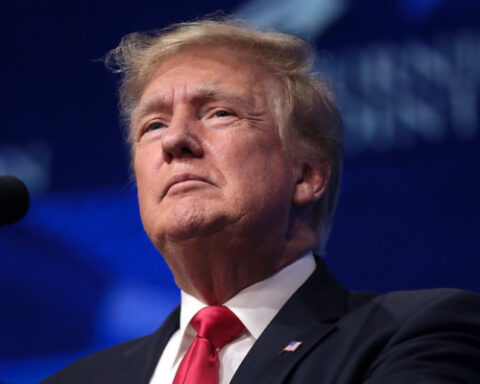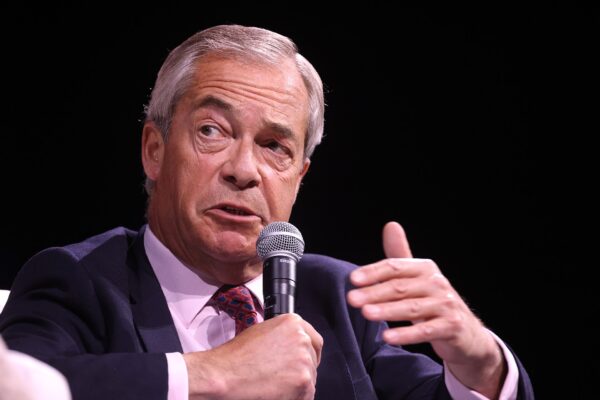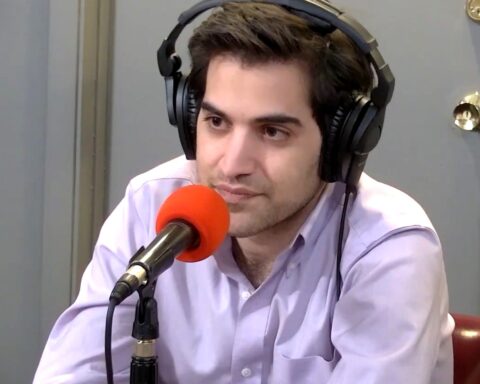Treasury Secretary Scott Bessent on Monday reportedly said the Trump administration has multiple fallback options to maintain tariffs on foreign trading partners should the Supreme Court reject the president’s authority under the International Emergency Economic Powers Act (IEEPA).
“I’m confident the Supreme Court will … uphold the president’s authority to use IEEPA,” Bessent told Reuters in an interview. “And there are lots of other authorities that can be used — not as efficient, not as powerful.”
His remarks came days after a divided federal appeals court ruled 7-4 against the administration’s use of emergency powers to justify steep tariffs, a decision the White House immediately vowed to appeal.
The ruling, which does not take effect until October 14, raises the stakes for the high court to weigh in on one of President Trump’s signature economic tools.
The president himself was blunt in response. “If allowed to stand, this Decision would literally destroy the United States of America,” Mr. Trump wrote Friday on X, formerly Twitter. “At the start of this Labor Day weekend, we should all remember that TARIFFS are the best tool to help our Workers, and support Companies that produce great MADE IN AMERICA products.”
Bessent pointed to Section 338 of the Smoot-Hawley Tariff Act of 1930 as one of the administration’s backup authorities.
That measure would permit the president to impose tariffs of up to 50 percent for five months on imports from countries that discriminate against American commerce. “It’s not as efficient, not as powerful,” Bessent acknowledged, but he stressed that the administration will not hesitate to act if courts limit its use of IEEPA.
The debate hinges on what constitutes an “unusual and extraordinary threat” under the 1977 emergency powers law. The administration has argued that the fentanyl epidemic, fueled by illicit drug flows from abroad, more than qualifies. “If this is not a national emergency, what is?” Bessent asked. “When can you use IEEPA if not for fentanyl?”
The urgency is underscored by grim statistics. According to the Centers for Disease Control and Prevention, 80,391 Americans died from drug overdoses last year, more than half linked to fentanyl.
Bessent warned that without aggressive action, the nation faces not only mounting deaths but also a worsening trade imbalance. “We are close to a tipping point where we could have financial instability due to these large and persistent trade deficits,” he told Fox News. “So we are trying to head off a crisis.”
The administration has made tariffs a central weapon in addressing both unfair trade practices and what it views as the economic enablers of the fentanyl scourge.
Critics see overreach. But Mr. Trump and his advisers cast the fight as a matter of sovereignty and survival.
Bessent summed up the stakes plainly: between overdoses and deficits, the nation’s leaders must act to prevent a “calamity.”
[READ MORE: British Authorities Arrest Comedy Writer Over Social Media Posts, Prompting Outcry on Free Speech]












